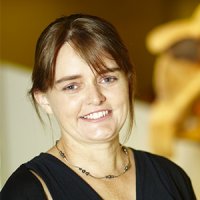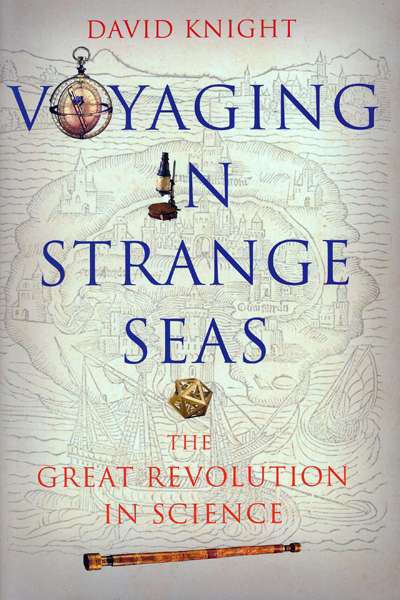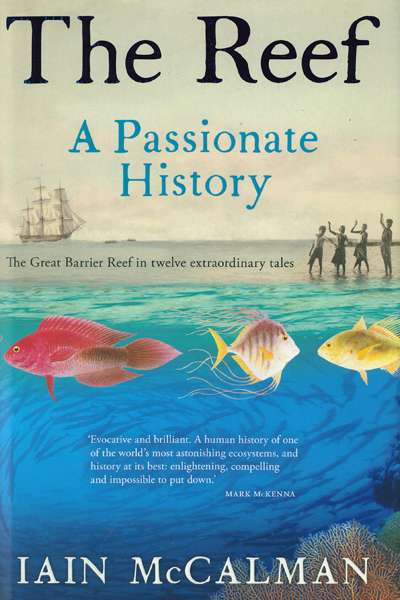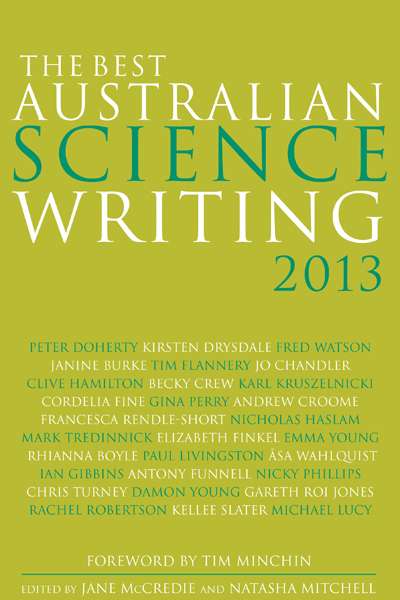Danielle Clode

Danielle Clode is an author and associate professor in creative writing at Flinders University whose first book, Continents of Curiosities, was inspired by the natural history collections of Museums Victoria. Her book Voyages to the South Seas won the Victorian Premier’s Award for Non-fiction in 2007. In 2014 she was the ABR Dahl Trust Fellow and her article ‘Seeing the Wood for the Trees’ appeared in the November 2014 issue of ABR. Her latest book is Koala: A life in trees (2022).
I know we should never judge a book by its cover, but Iain McCalman’s ‘passionate history’ of the Great Barrier Reef is a book that truly delivers on the promise of its gloriously sumptuous jacket. Brilliantly coloured in the hues of the reef itself, it is a montage of historical photographs of Indigenous children engrossed in spearfishing above brightly painted fish, while in the distance a ... (read more)
All scientists are writers. Science only exists in the written form. What is not written is not published, is not accepted, is not knowledge, and does not exist. It is written science that is scrutinised, peer-reviewed, and cited – nothing else matters but to ‘publish or perish’. Scientific articles, in all their clever, compacted, content-laden complexity, may well be impenetrable to all bu ... (read more)



